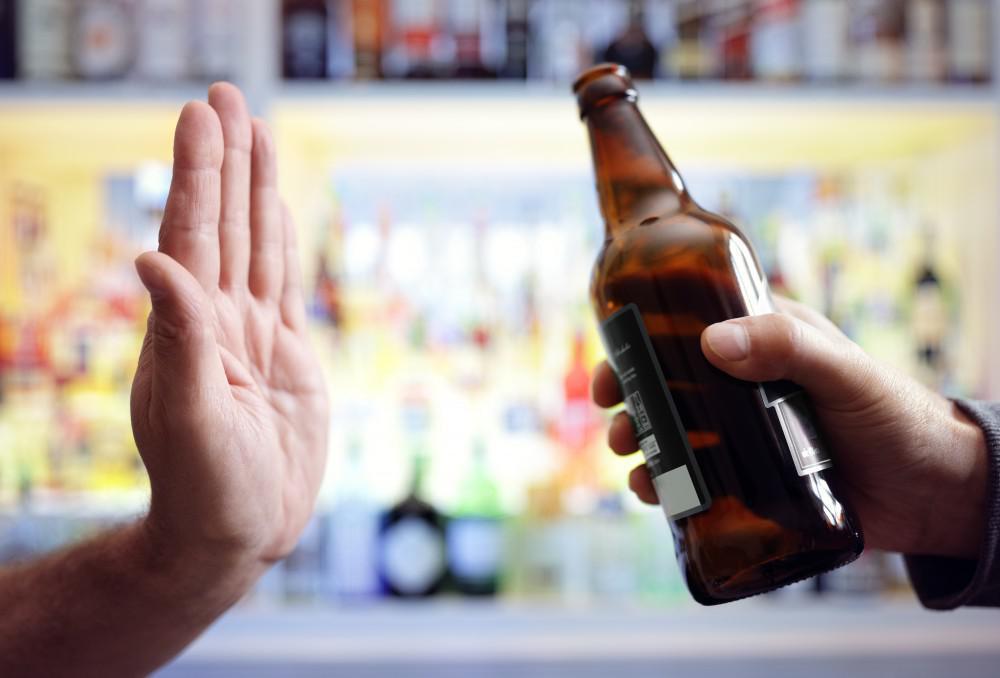
5 Tips for Staying Sober
You’ve done the work to become clean and sober, and you want to do what you can to stay that way. Here are five great tips that will help you safeguard your freedom from a substance use disorder.

The numbers surrounding opioid use in the United States are alarming — 2.1 million people have an opioid use disorder and 8-12% of this number started out innocently enough with prescription painkillers. Once an opioid use disorder takes hold, the disease is extraordinarily tough to beat as it hijacks your mental, emotional, and physical health.
At Northview Wellness Practice, our team of addiction specialists understands the seemingly impenetrable prison that an opioid use disorder creates, which is why we offer the latest treatments for breaking the chains of addiction and dependency. One of the more recent treatments approved by the FDA in 2017 is showing great promise in helping ease the road to recovery —Sublocade.
Here’s a look at the benefits of using Sublocade to treat opioid addiction.
Before we get into how Sublocade works, it’s helpful to take a step back and review exactly what happens to someone who takes opioids. As painkillers, opioids do their job well by attaching themselves to specific receptors in your brain and nervous system to block pain. At the same time, the opioids also create a euphoric effect, which activates the pleasure and reward centers in your brain — and therein lies the problem.
As you continue to take opioids, your brain “rewires” itself to receive more of the pleasurable side effects, creating new neural pathways that override all else. This, in turn, leads to uncontrollable cravings and the inability to quit, which are two of the primary hallmarks of addiction.
At the same time, your body comes to physically rely on the drug, which is where the dependency component comes in and wreaks havoc. Quitting opioid use often comes with extremely unpleasant side effects, such as anxiety, nausea, and body aches, and these withdrawal symptoms throw up very large hurdles on the road to quitting.
The main ingredient in Sublocade is buprenorphine, which is a partial agonist at the mu opioid receptors in your brain. The mu opioid receptors are responsible for many of the subjective side effects of opioids, including “drug-liking.”
With Sublocade, we essentially block your brain from receiving the pleasurable side effects it’s come to count on by blocking the opioids from attaching to your mu opioid receptors.
While the above is more of a scientific explanation, the main takeaway is that Sublocade works to prevent your brain from succumbing to the effects of the opioids, halting the rewiring that happens when you take the drug and allowing your brain to operate with more “normal” neural pathways.
Just as important, Sublocade works to offset some of the more common symptoms of opioid withdrawal, including:
By addressing these withdrawal symptoms, Sublocade breaks down the hurdles to quitting, smoothing your way forward.
Sublocade is an extended-release injection that we administer once a month. We typically start you with a sublingual version of buprenorphine, which you take for seven days. After that, we switch you over to the once-monthly Sublocade injection.
Of course, there are many other tools you can use during this time to help you break the chains of addiction, and we’re with you every step of the way.
If you’d like to learn more about the benefits of including Sublocade in your addiction treatment plan, please contact our office by phone, email, or by using the
online messaging tool on this website.

You’ve done the work to become clean and sober, and you want to do what you can to stay that way. Here are five great tips that will help you safeguard your freedom from a substance use disorder.

The connection between a substance use disorder and a mental health issue is a strong one, as the nearly eight million Americans who have a co-morbidity prove. When this occurs, treating both issues is paramount.

Addiction is a chronic disease that requires constant vigilance and good management. When a person falls short, relapse can occur. If you’re worried that a loved one has relapsed, here are some signs to look out for.

You believe that you’re drinking isn’t normal anymore, and you’re tired of the overwhelmingly negative effects that alcohol is having on your life. The good news is that alcoholism is highly treatable.

The rise in availability of telehealth services has been great news for those who need (or would prefer) to receive quality health care from the comfort of their own homes. These services also extend to substance use disorders.

Whether you’ve tried to break your opioid addiction before or this is your first attempt, why not greatly increase your chances of success with Sublocade®? Here’s a look at how Sublocade can ease your recovery journey.